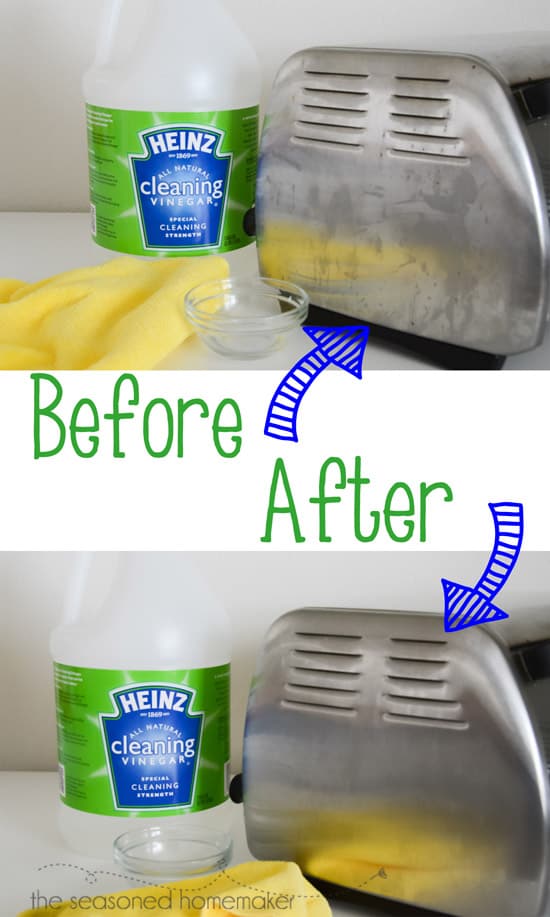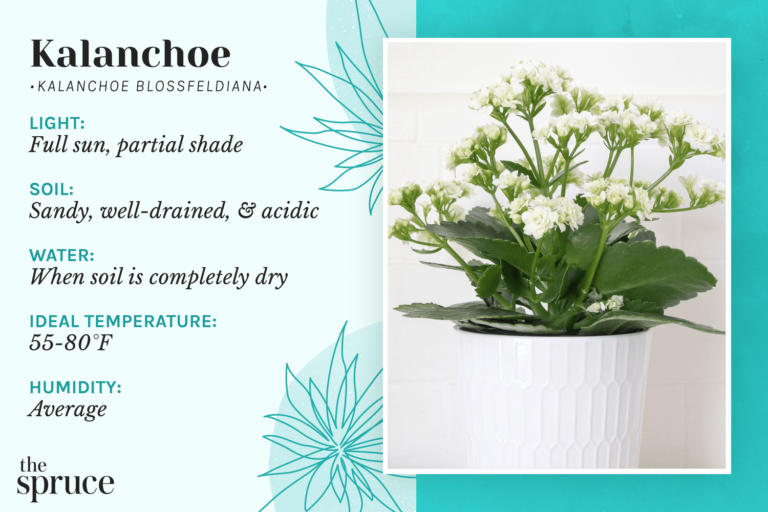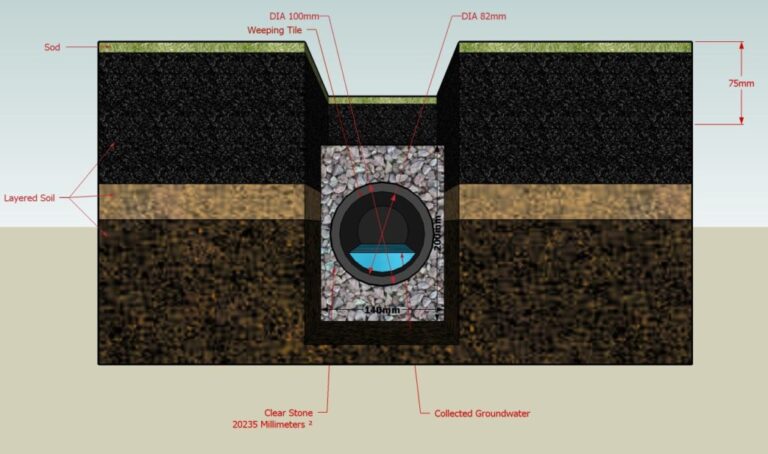Does Vinegar Break Down Stainless Steel?
The question of whether vinegar breaks down stainless steel has been asked for many years. Stainless steel is a popular material for many uses due to its strength and durability. It is often used in the kitchen for cookware, appliances, and storage containers. Unfortunately, it can be susceptible to corrosion over time. One of the ways to help protect stainless steel from corrosion is to use vinegar as an acidic cleaning agent. Vinegar is acidic enough to help break down rust and other corrosive elements, but it is also weak enough not to cause damage to the stainless steel itself. In other words, vinegar can help prevent stainless steel from corroding but it won’t break down the steel itself.
Overview of Stainless Steel
Stainless steel is a metal alloy composed primarily of iron, chromium, and nickel, and is known for its strength, corrosion resistance, and shiny, metallic finish. Stainless steel is a popular choice for kitchen appliances, cookware, and cutlery due to its ability to withstand heat, wear, and rust. But does vinegar break down stainless steel? In this blog, we will explore the potential effects of vinegar on stainless steel and how best to care for it.
First, it’s important to understand the chemical composition of stainless steel. Chromium, a key element in stainless steel, forms a thin layer on the metal’s surface, called a “passive film”, which helps to protect it from corrosion. Vinegar contains acetic acid, which can break down this protective layer, leading to corrosion. However, this process may take some time, depending on the concentration of the vinegar and the type of stainless steel used.
To ensure that your stainless steel appliances, cookware, and cutlery remain in good condition, it’s best to avoid using vinegar on them. Instead, opt for mild soap and water to clean these items. Additionally, it’s important to dry them immediately after washing and apply a protective coating to further protect them from corrosion.
In conclusion, vinegar can indeed break down stainless steel over time, though it may take a while depending on the concentration and type of stainless steel used. To protect stainless steel, it’s best to use mild soap and water, dry it immediately after washing, and apply a protective coating.
Chemical Properties of Vinegar
The chemical properties of vinegar are important to consider when examining its effects on stainless steel. Vinegar is an acidic solution composed of acetic acid, water, and trace amounts of other acids and minerals. Its acidic properties are what make it effective for cleaning surfaces, as well as its antibacterial qualities. When vinegar comes into contact with stainless steel, the acidic solution will cause the protective chromium oxide layer to break down, exposing the steel to corrosion. This corrosion can lead to discoloration, pitting, and other damage over time. To prevent corrosion, it is important to rinse the stainless steel surface with water after using vinegar. This will help to ensure that all vinegar residue has been removed. Additionally, vinegar should never be used on stainless steel surfaces that have already been damaged or corroded, as this can further damage the surface. By understanding the chemical properties of vinegar, it is possible to use it safely on stainless steel surfaces without causing any damage.
How Vinegar Affects Stainless Steel
Vinegar is often used as a cleaning agent in the home, but many don’t know how it affects stainless steel. In general, vinegar can cause damage to stainless steel when left on the surface for extended periods of time. Vinegar is highly acidic and therefore can corrode the protective layer of chromium oxide that forms on stainless steel. This corrosion can cause the steel to become dull, stained, and discoloured. However, vinegar will not cause any immediate damage to stainless steel, and can be used to clean the surface with minimal risk.
When cleaning stainless steel, it is important to use the correct concentration of vinegar. Too much vinegar can cause damage, while too little will not give the desired result. Using a mixture of one part vinegar and four parts water is usually the best option. The vinegar can then be applied to the surface, left to sit for a few minutes, and then wiped away. If the stainless steel has been exposed to a lot of dirt or grease, scrubbing with a soft brush may be necessary.
The key to using vinegar to clean stainless steel is to scrub the surface gently and to make sure to rinse it with clean water afterwards. This will help to prevent any vinegar residue from having a negative effect on the steel. Additionally, vinegar should not be used to clean stainless steel cookware or dishes, as the acidity of the vinegar can affect the taste of food.
Types of Vinegar and Their Impact
on Stainless Steel
Have you ever wondered if vinegar can help break down stainless steel? The answer is yes, but it depends on which type of vinegar you are using. Vinegar, which is a dilute solution of acetic acid, can break down stainless steel if used in large quantities or concentrated solutions. However, you need to be careful when using vinegar on stainless steel. Different types of vinegar vary in their acidity levels and can cause more damage than good.
White vinegar, for example, is a 5-7% solution of acetic acid. It is considered to be the mildest of all vinegars and can be used to clean stainless steel surfaces. However, it is not as effective as other types of vinegars in breaking down stainless steel. Apple cider vinegar, on the other hand, is a 9-10% solution of acetic acid. It can be used to break down rust and other deposits on stainless steel surfaces. But if used in large concentrations or left on for too long, it can cause permanent damage to the stainless steel.
Balsamic vinegar is a 12-18% solution of acetic acid and is considered to be the strongest of all vinegars. It can be used to remove heavy deposits and rust from stainless steel surfaces. But it should be used sparingly and rinsed off immediately to avoid long-term damage to the metal.
In conclusion, vinegar can be used to break down stainless steel, but it is important to use the right type of vinegar and avoid leaving it on for too long. White vinegar is the mildest and safest option for cleaning stainless steel surfaces, while balsamic vinegar is the strongest and should be used sparingly.

Cleaning Methods for Stainless Steel
Stainless steel is a durable and resilient material often used in the kitchen. It is used to make utensils, cookware, and appliances, and it is easy to maintain with regular care and cleaning. But when it comes to cleaning stainless steel, what methods are the best and most effective? Does vinegar break down stainless steel?
The answer is no, vinegar does not break down stainless steel. While it can be an effective cleaning agent for some materials, it is not ideal for stainless steel. Vinegar can cause corrosion on stainless steel, as it is an acidic substance. Additionally, vinegar is not an effective way to remove dirt and grime from stainless steel.
Instead, mild detergents and soap are the best cleaning methods for stainless steel. When cleaning stainless steel, use a soft cloth or sponge and a small amount of mild detergent in warm water. Rinse with clean water, and dry with a soft cloth. If you have stubborn grease or dirt, use a plastic scouring pad or nylon scrubbing brush to gently scrub the surface.
To maintain the appearance of stainless steel, regularly dust or lightly clean the surface with a damp cloth. You can also use a stainless steel polish to keep the surface looking shiny and new. For tougher stains, use a stainless steel cleaner specifically designed for stainless steel surfaces.
Cleaning stainless steel can seem like a daunting task, but with the right materials and techniques, it is actually quite simple. With regular care and cleaning, you can keep your stainless steel looking new and shining brightly for years to come.
Long-Term Effects of Vinegar on Stainless Steel
Stainless steel is a common material used for a wide range of applications due to its strength and corrosion resistance. But what happens when this material comes in contact with vinegar? Vinegar is a popular household cleaning agent, but like any chemical, it can have a long-term effect on stainless steel. In this article, we will explore the effects of vinegar on stainless steel and how it can be used to clean and maintain stainless steel objects.
Vinegar is an acidic solution that can react with stainless steel. It can cause corrosion on stainless steel surfaces, resulting in rust and discoloration. This reaction is accelerated at higher temperatures and when the vinegar is left on the surface for extended periods of time. The best way to avoid corrosion is to rinse the stainless steel object with water after coming in contact with vinegar.
Vinegar can be used to clean stainless steel surfaces. When used in a diluted solution, it can remove dirt and residue, leaving the surface looking clean and shiny. However, it is important to rinse the surface with water afterwards to prevent corrosion. It is also important to note that vinegar should not be used on stainless steel surfaces that have been treated with a sealant.
In conclusion, vinegar can have a long-term effect on stainless steel surfaces. It can cause corrosion and rust, so it is important to rinse the surface with water after coming in contact with vinegar. Vinegar can be used to clean stainless steel surfaces, but it must be used in a diluted solution and the surface must be rinsed with water afterwards.
Preventing Corrosion on Stainless Steel
Stainless steel is a popular material choice due to its unique properties, which make it a versatile and durable material for a wide range of applications. However, stainless steel can still corrode, so it is important to know how to prevent corrosion on stainless steel. Vinegar is often used as a cleaning agent, but does vinegar break down stainless steel?
The short answer is yes, vinegar can break down stainless steel, but it is a slow process. Vinegar is an acidic substance and contains acetic acid, which can react with the chromium in stainless steel and cause corrosion. While vinegar may not cause any immediate damage to stainless steel, it can cause long-term damage if it is left to sit on the surface for too long.
The best way to prevent corrosion on stainless steel is to use proper cleaning methods. Avoid using abrasive materials such as steel wool or scouring pads, and use a mild detergent and a soft cloth instead. It is also important to rinse the surface with clean water after cleaning, and to remove any excess moisture with a dry cloth.
Using vinegar to clean stainless steel is not recommended, but if it must be used, it should be used sparingly and with caution. It is important to remember that vinegar can slowly break down stainless steel, so it is best to avoid it altogether if possible. With proper cleaning practices, stainless steel can remain corrosion-free for many years.
Conclusion
When it comes to the age-old question of whether or not vinegar can break down stainless steel, the answer is both yes and no. While vinegar can cause some discoloration and corrosion on stainless steel surfaces, it is not strong enough to break down the material. On the other hand, vinegar can be used to help remove grease and other stubborn stains from stainless steel, as long as care is taken to protect the surface from permanent damage. Therefore, vinegar can be a useful cleaning agent for stainless steel, but it is important to understand how to properly use it.
FAQs About the Does Vinegar Break Down Stainless Steel?
1. Does vinegar damage stainless steel?
A: No, vinegar is not known to damage stainless steel. It is a mild acid and can be used safely on stainless steel surfaces.
2. How long does it take for vinegar to break down stainless steel?
A: Vinegar will not break down stainless steel in any way. It is safe to use on stainless steel surfaces with no concern of corrosion or damage.
3. Is it safe to use vinegar on stainless steel appliances?
A: Yes, it is safe to use vinegar on stainless steel appliances. Vinegar is not known to corrode or damage stainless steel, so it can be used with no worries.
Conclusion
Based on the available evidence, it appears that vinegar can break down stainless steel over time. The acidic nature of vinegar can corrode stainless steel, causing it to weaken and flake off. However, the rate of corrosion depends on the strength of the vinegar and the type of stainless steel. Regularly cleaning stainless steel with vinegar can help to prevent corrosion, however it is not recommended for use on surfaces that are regularly exposed to food or liquids.






